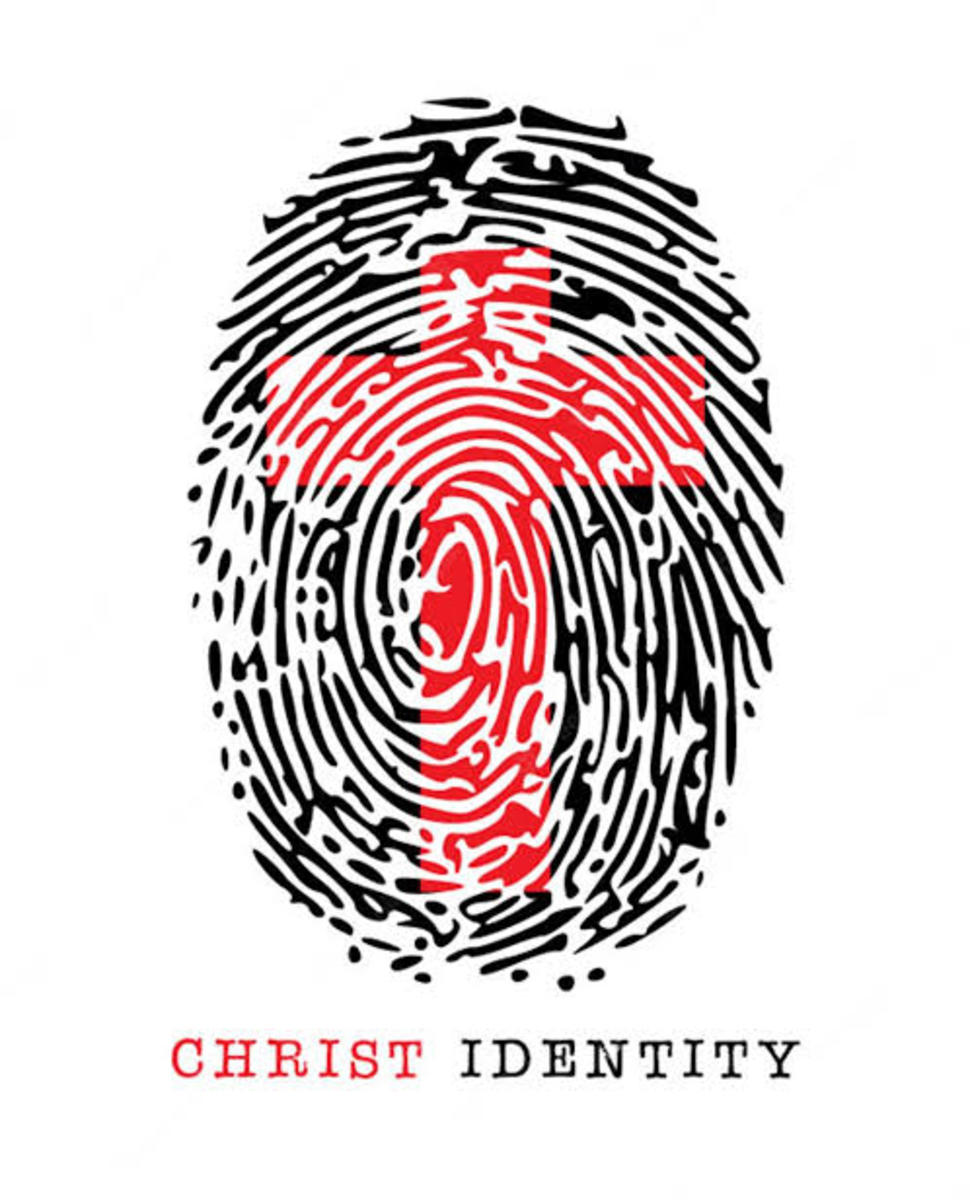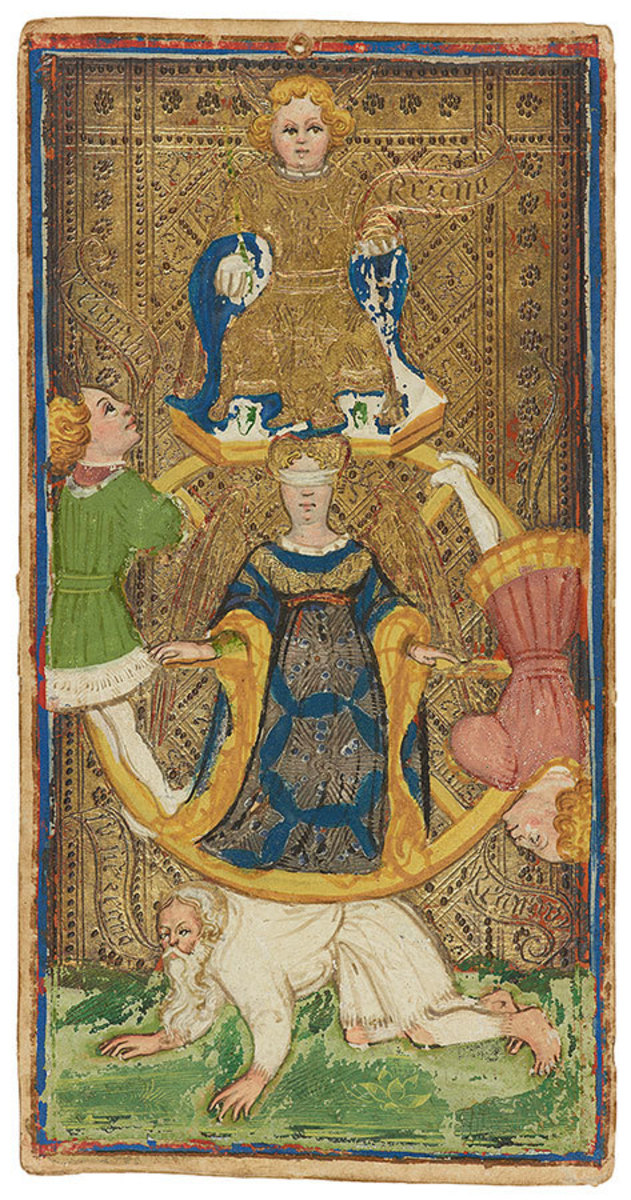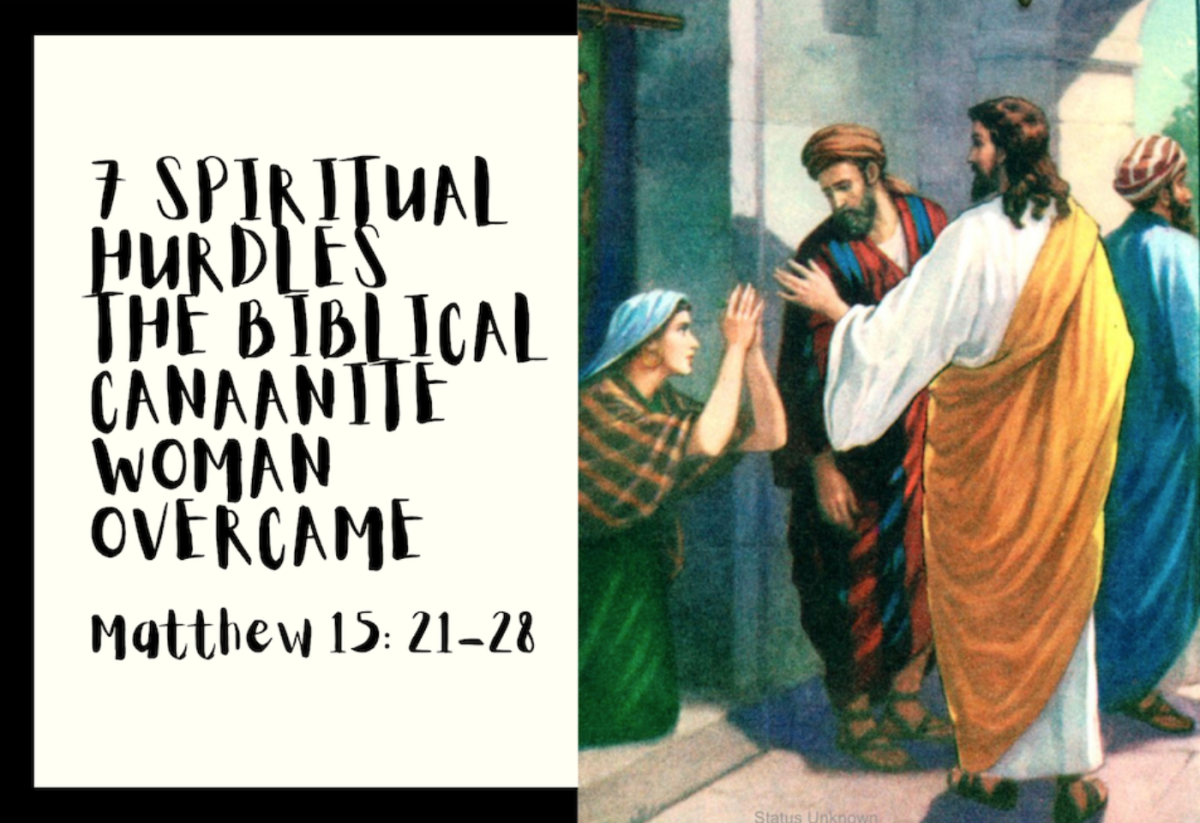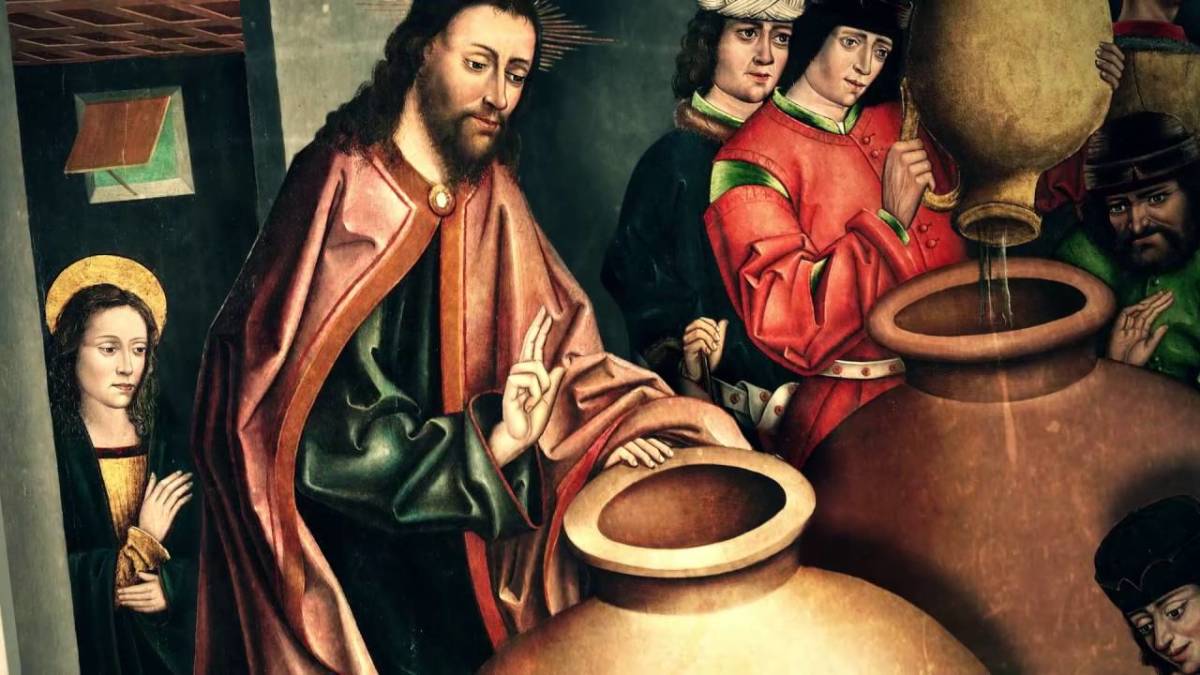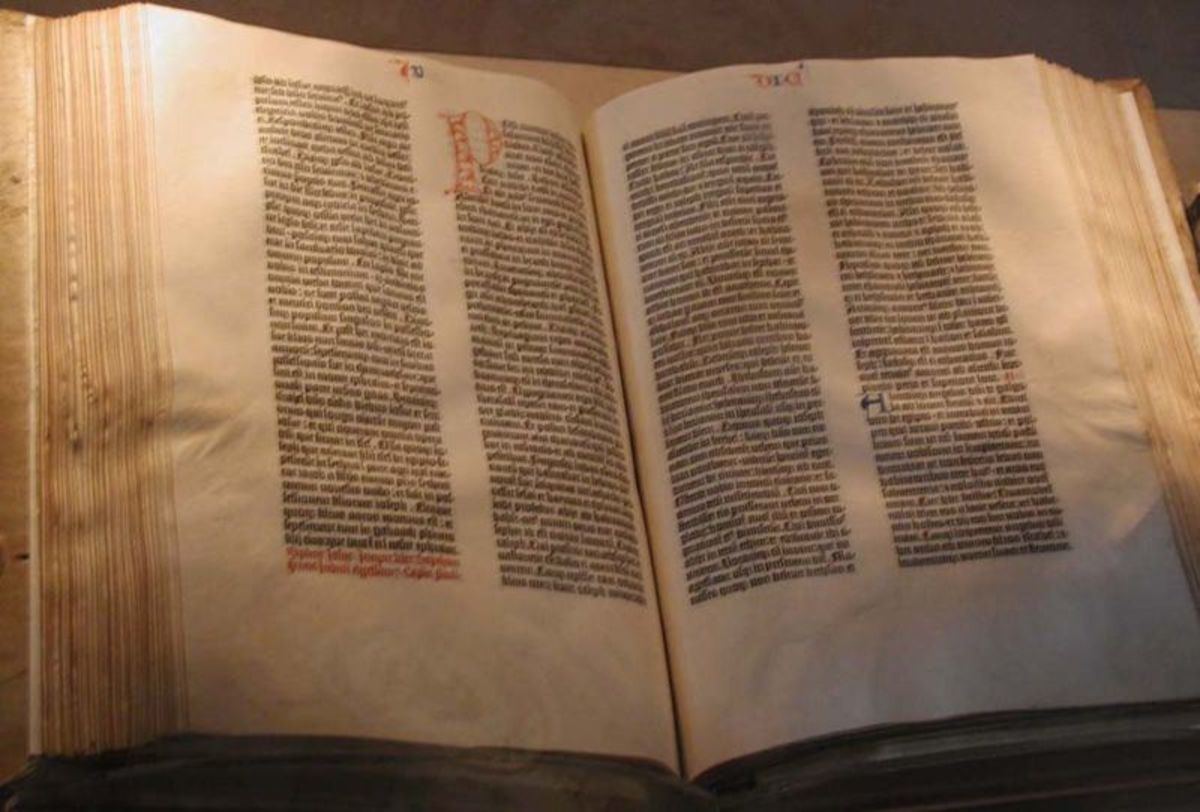Jesus Will Claim the Earth

Revelation 5: Jesus Steps Forward
Still in the throne room, John witnesses the Lord come forward as a "kinsman-redeemer” to complete the greatest land transaction ever settled when He lays claim to the title deed of the earth.
v.1-3 "And I saw in the right hand of Him who sat on the throne a scroll written inside and on the back, sealed with seven seals. Then I saw a strong angel proclaiming with a loud voice, 'Who is worthy to open the scroll and to loose its seals?' And no one in heaven or on earth or under the earth was able to open the scroll, or to look at it."
The best way to approach this remarkable chapter and the explanation for what we are about to read is for us to understand both, the historical facts surrounding the planet and man's relation to it, as well as an ancient Jewish law regarding the redemption of forfeited property (an anti-type to the transaction we'll see Jesus later evoke in this chapter).
In the beginning God created the earth.
Therefore the earth belongs to God (Ps.24:1-2) and always will. But at the same time that God holds title to the earth He doesn't possess the earth—Satan does. Shortly after creating Adam and Eve God gave man and woman the earth as an inheritance to freely possess and occupy and have dominion over (Gen.1:28). When they committed sin, however, they forfeited man's proper inheritance to the earth, thus subjecting the planet to the dominion of Satan and the curse of sin, causing even creation itself to groan for deliverance.
"…because the creation itself also will be delivered from the bondage of corruption into the glorious liberty of the children of God. For we know that the whole creation groans and labors with birth pangs together until now” (Rom.8:19-22)
Okay, now let's consider the ancient Jewish law.
When an Israelite sold or lost some of his possession through non-payment, the law permitted him a legal right to make restitution and reclaim the forfeited property once he could afford it. If the man became poor, however, and could not reclaim the property, then the law permitted a near blood relative called a “kinsman-redeemer” to volunteer and pay the debt thereby to preserve the life, property, and family name in the debtor’s behalf (Lev.25:25,47-49), and is particularly illustrated when a man named Boaz purchased back the land for a relative name Naomi (Ruth 4:3-14).
Likewise, when man forfeited the planet without the means of reclaiming it, Jesus Christ became man’s Kinsman-Redeemer. He willingly paid our debt, reclaimed free and clear title to our planet, and thus repudiated Satan's right to it. Having full authority to drive Satan out, Jesus made it possible for the purposes of God surrounding man and earth to be completed.
Now let's look at the passage.
The scroll John sees the Father holding is the title deed to the earth. Moreover, in full accord as an anti-type of the ancient law and custom of redemption, the deed is sealed as evidence of the purchase (check—Jer.32:6-14) and a cry is made to the Kinsman to come forward (in this case, more than two thousand years after making the payment) to complete the transaction.
v.4-5 " So I wept much because no one was found worthy to open and read the scroll, or to look at it. But one of the elders said to me, 'Do not weep. Behold, the Lion of the tribe of Judah, the root of David, has prevailed to open the scroll and to loose its seven seals'. "
The phrase "wept much" is better translated "wept convulsively.” In other words, John is sobbing. Why, because John understood that the restoration of Israel and it's inheritance of all future blessings rested upon God's destruction of Israel's enemies, the safe and peaceful occupation of its land, and the subsequent reign of Messiah upon King David's throne (2Sam.7:10; Isa.9:6-7). That is, John wept because he knew that the promises of God would go unfulfilled toward the miraculous nation (see—Jer.32:37-42) unless the Kinsman-Redeemer stepped forward and completed the transaction required to claim back the earth.
One of the elders comforts John.
"Do not weep. Behold, the Lion of the tribe of Judah, the root of David, has prevailed to open the scroll and to loose its seven seals."
These are Messianic words, dear ones, meant to identify Jesus as the promised Messiah of Israel and intended to signify that it’s Israel (not the Church) in view here. Israel has been set aside by God only until the Church has run its appointed course, at which time He will again turn to the remnant of Israel and fulfill His promises to them as a people. For God has not forsaken His people (Ps.94:14; Rom.11:1-2) nor will He neglect His future plans and purposes for them (Rom.11:25-27). This is the explanation for the Tribulation. From inside the crucible of great tribulation a pure and holy Jewish nation will emerge, all of its enemies vanquished, and Zion made ready to receive her King.
Let's look closer.
He is "the Lion of the tribe of Judah".
This is in accord with Abraham’s prophecy that the Messiah would be of the tribe of Judah (Gen.49:10). He is "the root of David". This is consistent with Isaiah’s prophecy that the Messiah would be a direct descendent of David (Isa.11:1). Both are required of the Messiah without compromise. Jesus, in His incarnation, fulfilled the requirements of both: He was born into the tribe of Judah as a descendent of David (Matt.1:2, 6).
"[He] has prevailed to open the scroll and to loose its seven seals."
Because Jesus prevailed at the Cross, having therefore bled and died as a propitiation for sin upon the Cross (Romans 3:25), Jesus is the blessed Kinsman; therefore He is the One (the only One) worthy to complete the act of redemption.
v.6 "And I looked, and behold, in the midst of the throne and of the four living creatures, and in the midst of the elders, stood a Lamb as though it had been slain, having seven horns and seven eyes, which are the seven Spirits of God sent out into all the earth."
This characterization of our Redeemer as a "sacrificed Lamb" is the explanation of His worth and the reason why Jesus (while others dare not) may respond to the great call to take the scroll. For it is the death of Christ and the shedding of His own undefiled blood that alone serves to explain God's forgiveness, and the basis of all redemption.
"In Him we have redemption through His blood, the forgiveness of sins, according to the riches of His grace…" (Eph.1:7)
This is the first and only time in Revelation that Jesus appears in the image of a lamb—arguably the most significant symbol used of Him as Redeemer and Sin Bearer throughout Scripture. God let it be known to Abraham that He would provide for Himself the "lamb" to be offered (Gen.22:8). The prophet Isaiah foretold that He would be "led as a lamb to slaughter" to "make His soul an offering for sin" and would pour it out "unto death" (Isa.53). The paschal lamb typified Christ as the Messiah to Israel (Exo.12:1-28; 1Cor.5:7). John the Baptist announced Him to the world as "The Lamb of God" (John 1:29, 36). Now here, inside the chambers of heaven, He appears as a lamb slain—the Great Redeemer—the One Whom Isaiah prophesied would save the Gentiles (Isa.11:10) and then "assemble the outcasts of Israel and gather together the dispersed of Judah from the four corners of the earth "(Isa.11:12).
The image shadows the Passover—the most important Feast imposed upon Israel in memory of their preservation from death and deliverance from bondage (Ex.12:1-28) and consistent with the role of Jesus as the Messiah of Israel Who would preserve Israel from death and deliver them from bondage.
v.7-8 "Then He came and took the scroll out of the right hand of Him who sat on the throne. Now when He had taken the scroll, the four living creatures and the twenty-four elders fell down before the Lamb, each having a harp, and golden bowls full of incense, which are the prayers of the saints."
The Church has been praying, "Thy Kingdom come" for the past two thousand years. Israel's faithful had been praying for the Coming of their Messiah for continuous centuries before. Now, all those faithful prayers from all the saints over thousands of years are appropriately released at the feet of Jesus as a sweet smelling aroma as He comes forward to answer those prayers.
v.9-14 "And they sang a new song, saying: 'You are worthy to take the scroll, and to open its seals; For You were slain, and have redeemed us to God by Your blood out of every tribe and tongue and people and nation, and have made us kings and priests to our God; And we shall reign on the earth. Then I looked, and heard the voice of many angels around the throne, the living creatures, and the elders; and the number of them was ten thousand times ten thousand, and thousands of thousands, saying with a loud voice: 'Worthy is the Lamb who was slain to receive power and riches and wisdom, and strength and honor and glory and blessing!' And every creature which is in heaven and on earth and under the earth and such as are in the sea, and all that are in them, I heard saying: 'Blessing and honor and glory and power Be to Him who sits on the throne, And to the Lamb, forever and ever!' Then the four living creatures said, 'Amen!' And the twenty-four elders fell down and worshiped Him who lives forever and ever."
The whole magnificent event concludes with a crescendo of adoration from all of creation for our Lord and Savior—"every creature which is in heaven and on earth and under the earth and such as are in the sea, and all that are in them".
About the Author
James Kobzeff is an evangelical born-again Christian who has long had a passion for the Church to know the Revelation. His commentary is the result of having studied and taught the Book many times over the past thirty years and is considered a continual work-in-process.
You can read more at his blog Learn the Revelation
Acknowlegment
Previous Chapter
- Revelation 4: John is Transported to the Throne Room of God
John's awesome journey into the future begins as he is "air-lifted" from Patmos into the throne room of God. He tells us what he saw including God Himself, the twenty-four elders at the throne, the four living creatures that circle the throne.



